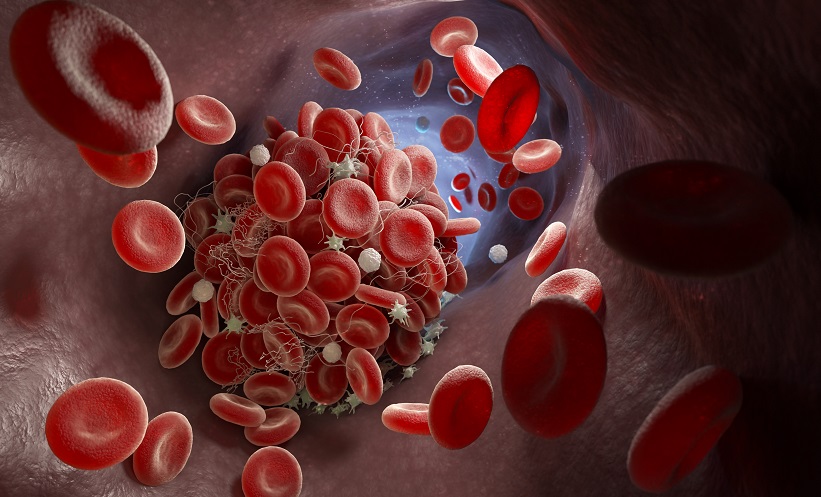A large-scale nationwide study has raised concerns about the bleeding risks associated with using non-steroidal anti-inflammatory drugs (NSAIDs) in patients treated with oral anticoagulants for venous thromboembolism (VTE). The study, conducted from January 2012 to December 2022, involved 51,794 patients who began anticoagulant therapy for VTE. Researchers analysed the association between NSAID use and hospital-diagnosed bleeding episodes.
The findings revealed a significant increase in bleeding risk during periods when patients used NSAIDs. The event rate for any bleeding was 3.5 per 100 person-years without NSAIDs, compared to 6.3 per 100 person-years when NSAIDs were used, translating to a number needed to harm of 36 patients treated for one year. Overall, NSAID use was associated with a more than two-fold increased risk of bleeding, with an adjusted hazard ratio of 2.09. Specific NSAIDs showed varying levels of risk: ibuprofen had a hazard ratio of 1.79, diclofenac 3.30, and naproxen 4.10.
The study also found that NSAID use significantly increased the risk of gastrointestinal bleeding, intracranial bleeding, and anaemia due to bleeding. For instance, naproxen was linked to a 3.22-fold increased risk of intracranial bleeding and a 2.99-fold increase in anaemia due to bleeding.
These results highlight the need for caution when prescribing NSAIDs to patients on anticoagulant therapy for VTE, as the risks of bleeding extend beyond the gastrointestinal tract.
Reference
Petersen SR et al. Bleeding risk using non-steroidal anti-inflammatory drugs with anticoagulants after venous thromboembolism: a nationwide Danish study. European Heart Journal. 2024;doi:10.1093/eurheartj/ehae736.







